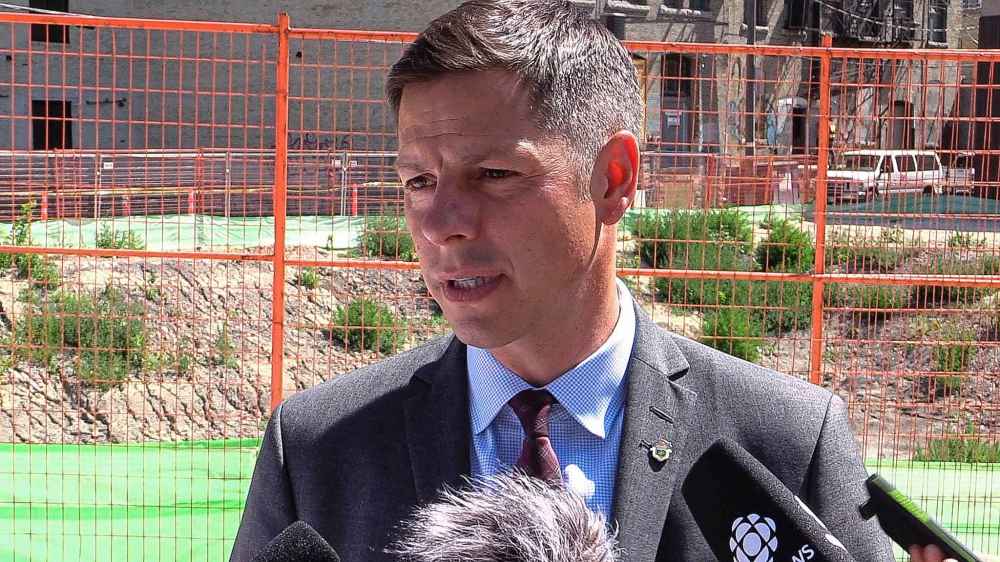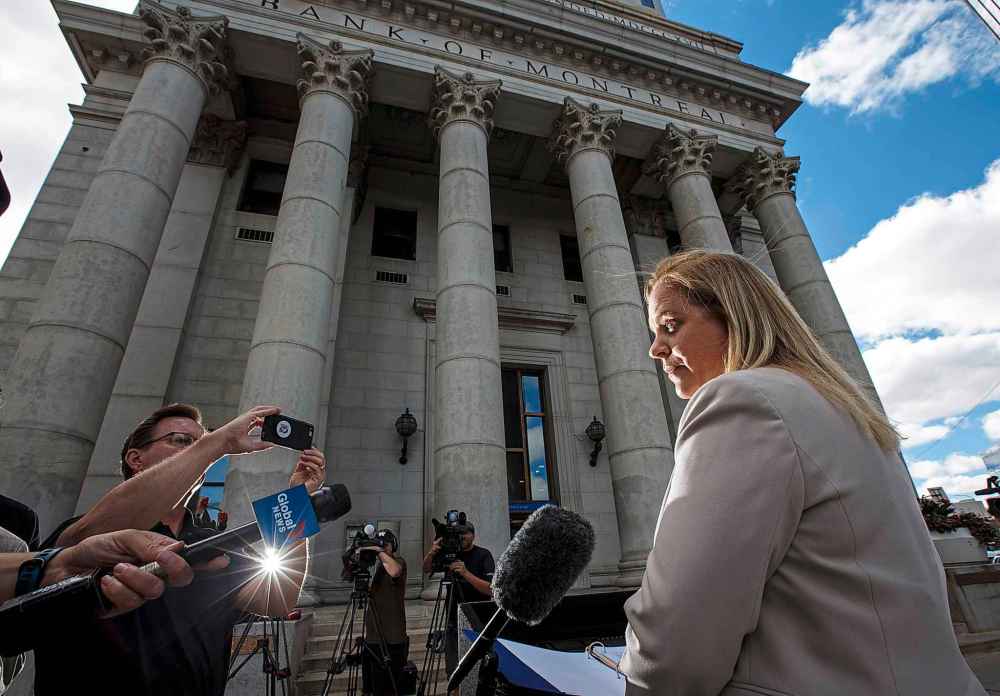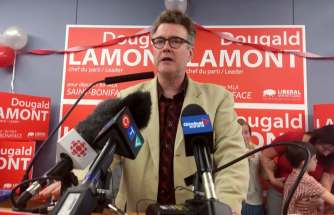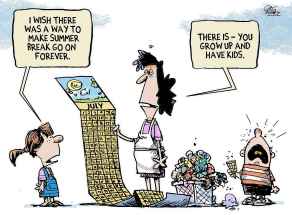Mayor throws support behind proposed referendum on reopening Portage and Main
Read this article for free:
or
Already have an account? Log in here »
To continue reading, please subscribe:
Monthly Digital Subscription
$0 for the first 4 weeks*
- Enjoy unlimited reading on winnipegfreepress.com
- Read the E-Edition, our digital replica newspaper
- Access News Break, our award-winning app
- Play interactive puzzles
*No charge for 4 weeks then price increases to the regular rate of $19.00 plus GST every four weeks. Offer available to new and qualified returning subscribers only. Cancel any time.
Monthly Digital Subscription
$4.75/week*
- Enjoy unlimited reading on winnipegfreepress.com
- Read the E-Edition, our digital replica newspaper
- Access News Break, our award-winning app
- Play interactive puzzles
*Billed as $19 plus GST every four weeks. Cancel any time.
To continue reading, please subscribe:
Add Free Press access to your Brandon Sun subscription for only an additional
$1 for the first 4 weeks*
*Your next subscription payment will increase by $1.00 and you will be charged $16.99 plus GST for four weeks. After four weeks, your payment will increase to $23.99 plus GST every four weeks.
Read unlimited articles for free today:
or
Already have an account? Log in here »
Hey there, time traveller!
This article was published 18/07/2018 (2703 days ago), so information in it may no longer be current.
After ardently campaigning in 2014 for reopening Portage and Main to pedestrians, Mayor Brian Bowman has agreed to let Winnipeggers have the final say.
On Wednesday, the mayor (who is standing for re-election in October) announced he will support a motion at Thursday’s council meeting proposing a referendum on the future of the historic intersection be added to the ballot.
“I see no reason why we wouldn’t let Winnipeggers voice their views on this issue,” Bowman told reporters. “If the feedback from Winnipeggers on a referendum is not to open it up to pedestrians at this time, then I’ll respect that in letter and spirit.

“I’ll treat a referendum as binding, either way.”
Bowman’s decision disappointed Allen Mankewich, who lives and works downtown, and uses a wheelchair.
“If we put everything to a referendum, nothing would change in our city,” said Mankewich, who supports reopening the Portage Avenue and Main Street intersection that’s been closed to pedestrian traffic since 1979.
“We live in a city where we will spend $150 million at the drop of a hat on an underpass to help people get home five or 10 minutes quicker by car, but we don’t show the same level of decisiveness on a project like this, which will help pedestrians move through Portage and Main a little faster and connect neighbourhoods close to downtown,” he said.
To cross the street via the underground concourse, he has to rely on a series of elevators — that are, at times, out of service.
The intersection and underground concourse have suffered from decades of decay and neglect.
The city has set aside $3.5 million for repairs, including rebuilding and repairing sidewalks and curbs, said Bowman. It’s working with the private sector to address surface drainage, water leakage, asbestos abatement, and ventilation modifications, in conjunction with upgrades planned at the Richardson Building plaza, he said.
Putting the referendum on Portage and Main on the ballot in October won’t cost the city anything, the mayor said.
However, it might cost Bowman some support.
Backing a referendum put forward by suburban Couns. Jeff Browaty (North Kildonan) and Janice Lukes (South Winnipeg-St. Norbert) may be seen as giving in to the mighty suburban motorist vote — drivers passing through downtown who don’t want pedestrian crossings slowing them down.
“I think, obviously, he’s received some pushback on the issue, in terms of public opinion,” Mankewich said. “I’m disappointed that the mayor is backtracking on the issue. He was the only candidate who said he would open Portage and Main to pedestrians.”

Bowman said, however, he’s not backtracking.
“My campaign commitment when I ran for election was to ensure that I work collaboratively with the property owners and engage the community. We’ve done that,” he said, noting all the affected property owners support opening the intersection. “When I ran for office, I talked about the benefits of opening it up and I’ll continue to do so.”
A rival for the mayor’s seat said Wednesday she wants the discussion shut down.
“I don’t believe this plebiscite should go forward,” candidate Jenny Motkaluk said. “We should not spend another minute talking about the issue.”
She called reopening Portage and Main to pedestrians Bowman’s “vanity project,” adding she’s worried third-party advertising spending on a referendum will influence voters.
“There will be all kinds of interest groups spending money on both sides of the issue, and we don’t know where they’re coming from,” she said. “My opinion is if we open this up to third-party spending, we’re going to have the wild west.”
A third party can advertise on an civic issue, provided there is no mention of a candidate in the materials, said a spokesman for the City of Winnipeg. For example, a third party could say: vote yes on this issue, but not support candidate X on this issue.
carol.sanders@freepress.mb.ca

Our newsroom depends on a growing audience of readers to power our journalism. If you are not a paid reader, please consider becoming a subscriber.
Our newsroom depends on its audience of readers to power our journalism. Thank you for your support.








